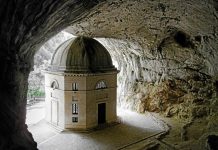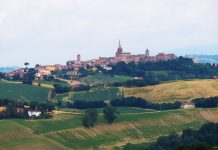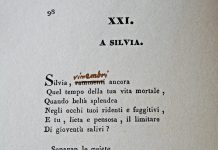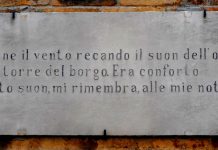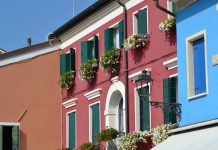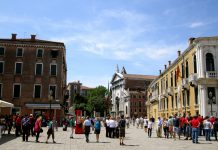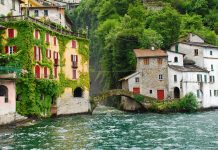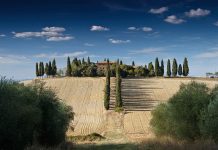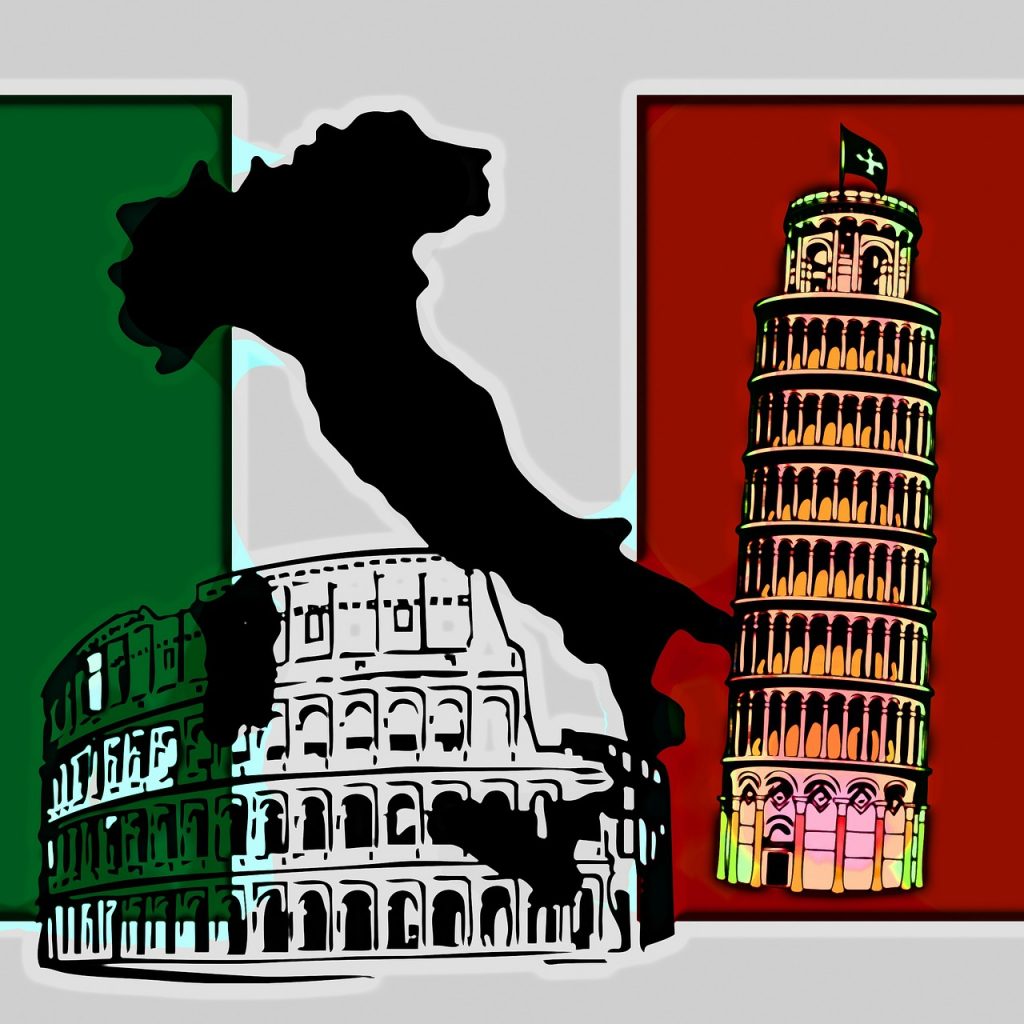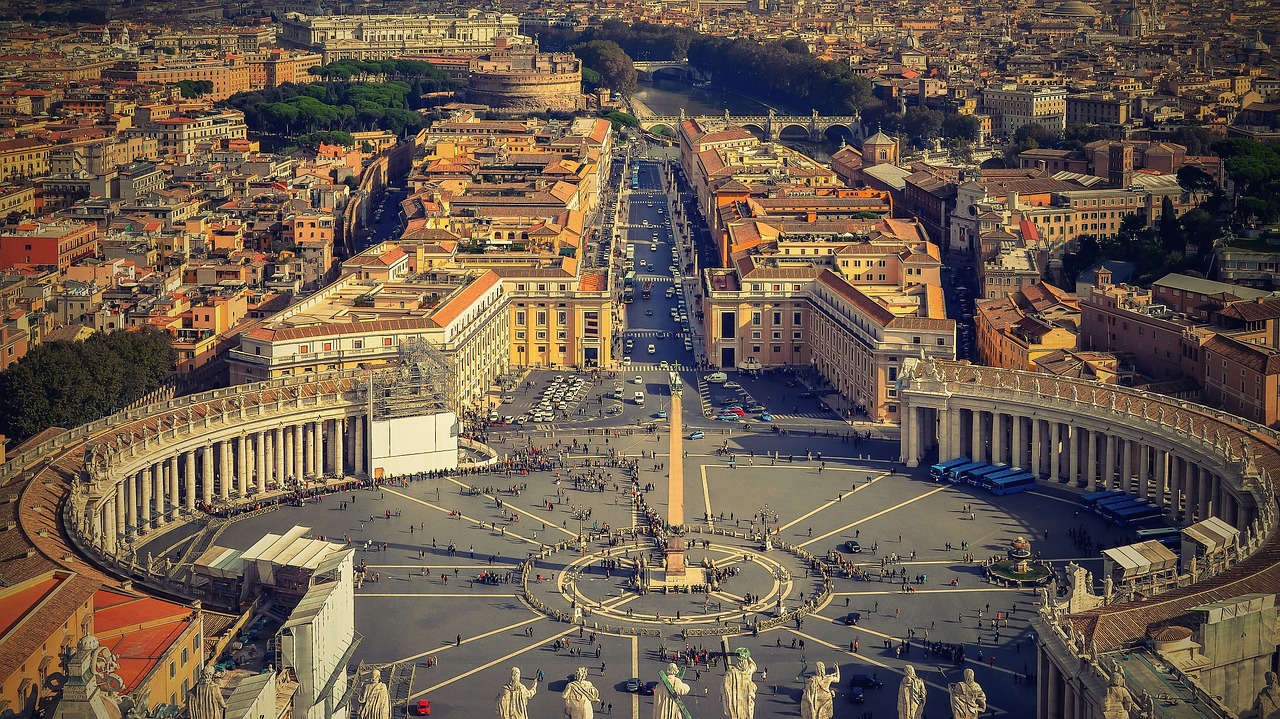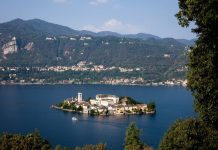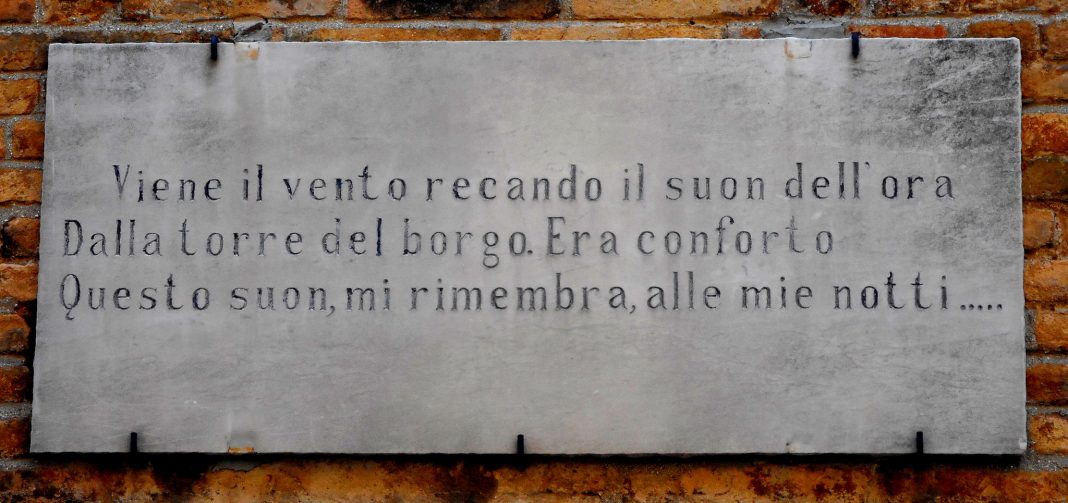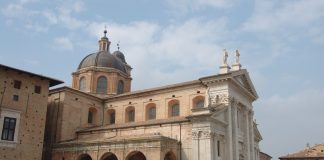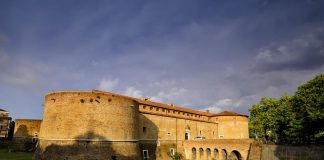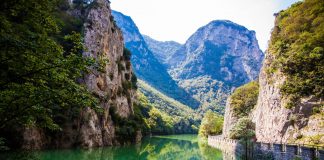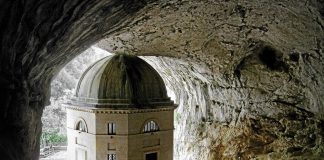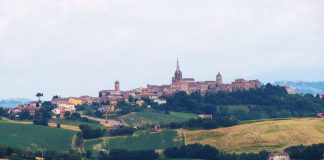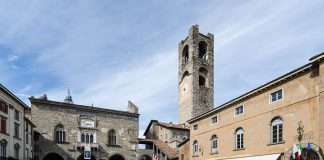Giacomo Leopardi was born in the small provincial town of Recanati, in the Marche region of Italy. He was a prolific writer, translator and thinker and one of Italy’s most famous and influential poets. His works are still popular both in Italy and worldwide.
LEOPARDI’S YOUTH
Leopardi was born in 1798, during a time of political upheaval and unrest in Europe due to the French revolution. Despite this instability, Leopardi still received excellent schooling. He was tutored extensively by priests from a young age, showing a remarkable talent and thirst for knowledge.
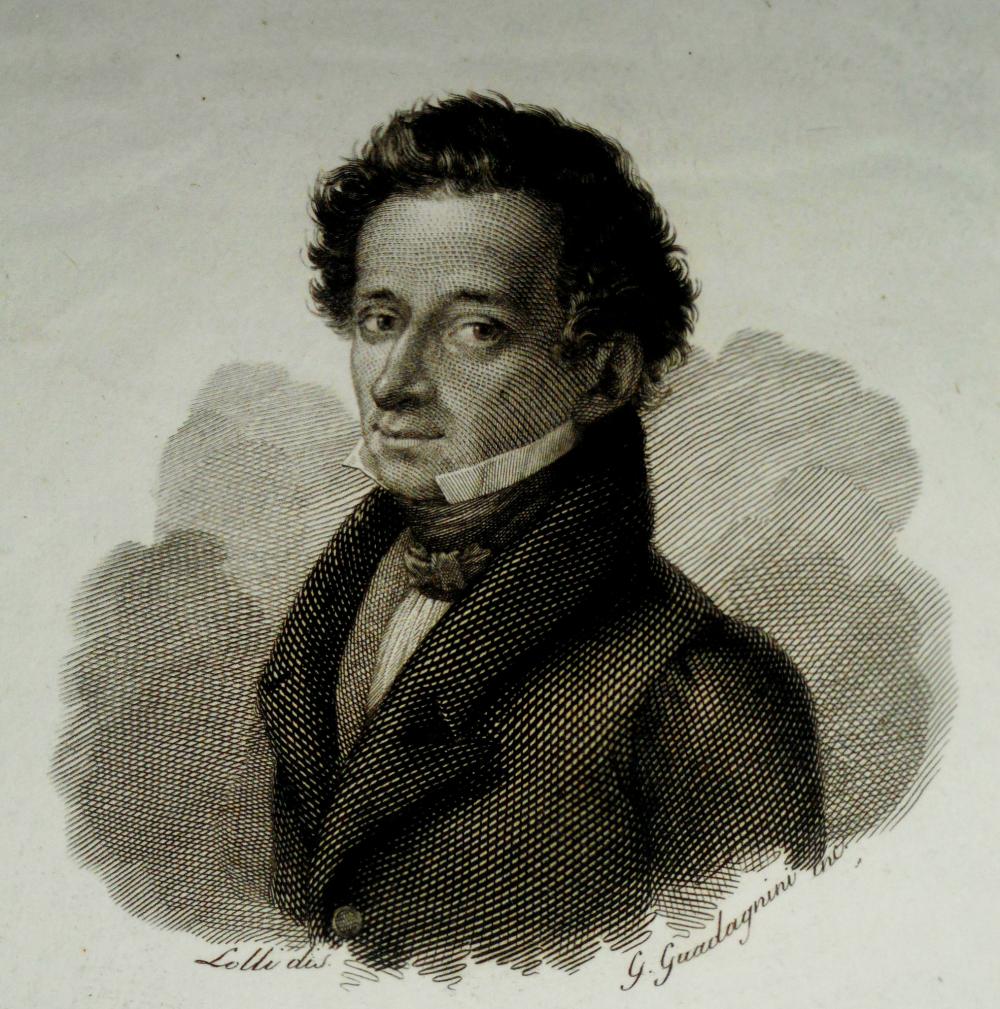
He was sickly adolescent and spent all his time indoors, reading classics and literature in his father’s huge library. After years of independent study, he became fluent in ancient Greek, Latin and Hebrew and he began translating the works of Horace and Homer.
THE WORKS AND DEATH
OF GIACOMO LEOPARDI
For years, Giacomo Leopardi secluded himself in his father’s library, constantly studying and writing. At the age of fourteen he wrote Pompeo in Egitto (Pompey in Egypt), an anti-Caesarean manifesto, and then wrote various philological works until 1816. This year marked a turning point in Leopardi’s life, when he moved from debating literature to writing literature himself. He wrote L’appressamento (The approach of death), as well as Inno a Nettuno (Hymn to neptune) and Le rimembranze (Memories). After this, Leopardi concentrated on lyrical poetry and wrote famous works such as Canti (Songs) and Canzonerie (Songbook). Leopardi’s writing usually focuses on patriotism, idyllic scenes, unrequited love, childhood and classical themes and rerences.
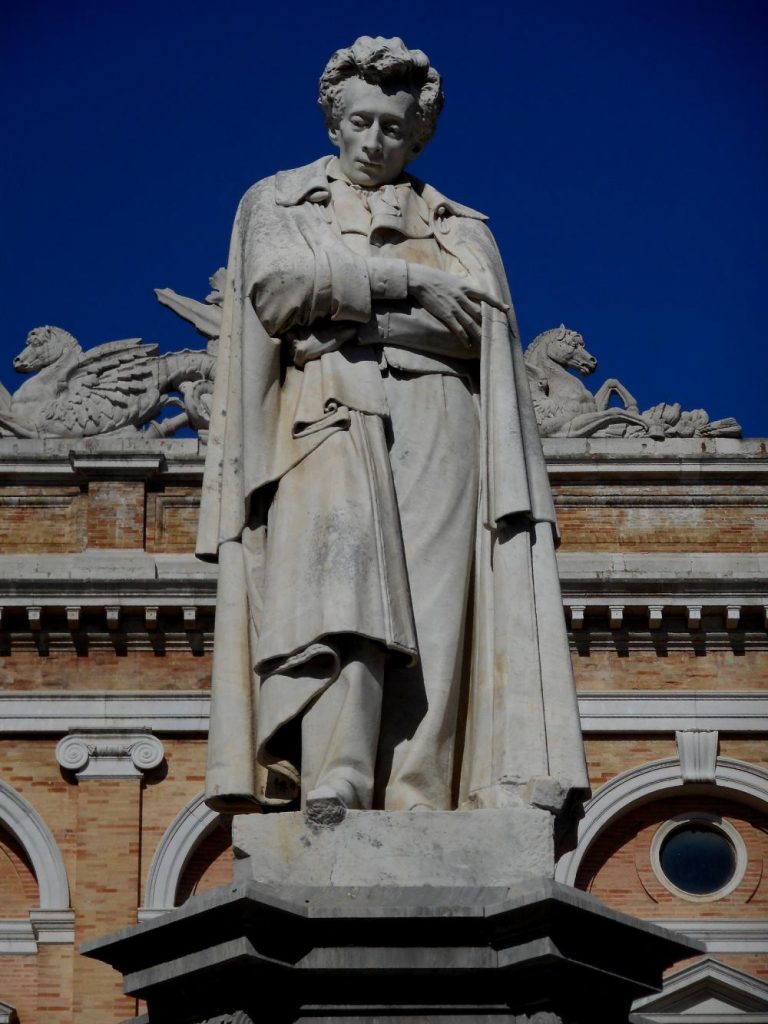
He is regarded by many scholars as the first modern Italian classic poet. But his prose work is also quite remarkable, with a varied use of dialogue, myth, allegory and satire. Between 1824 and 1832 he wrote his magnum opus called Operette Morali (Small Moral Works).
Unfortunately, Leopardi spent most of his life with ill health and growing blindness. As a result of his medical conditions, he had to stay in Recanati for long periods and couldn’t travel through Italy. Giacomo Leopardi died in 1837 in Naples, likely due to edema and other complications.








